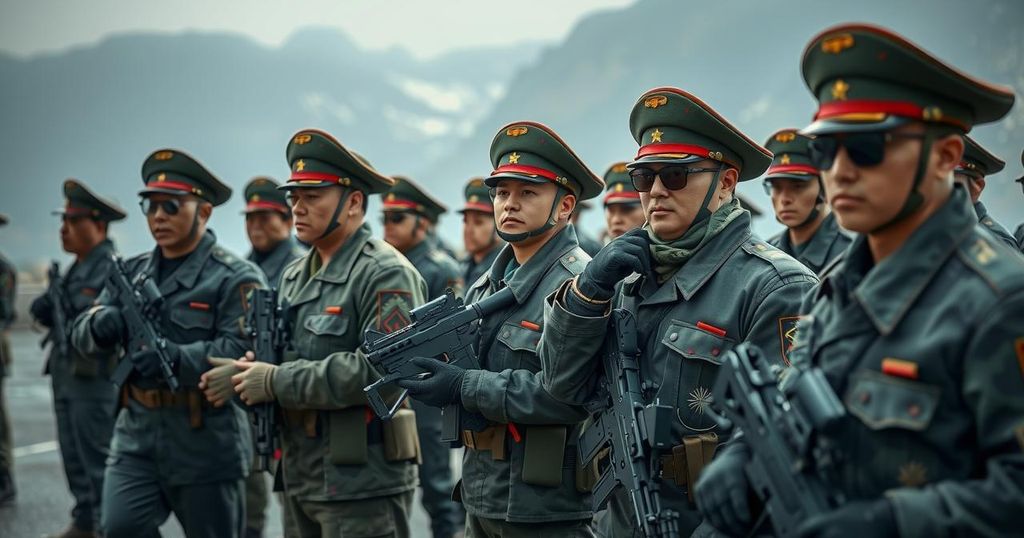North Korea’s recent troop deployment to Russia has drastically improved its image in China, transitioning from a despised ‘neighborhood hooligan’ to a respected ally amid the Ukraine conflict. This change reflects a broader shift in public sentiment driven by nationalism and geopolitical solidarity against perceived Western threats.
In recent weeks, North Korea’s stature amongst the Chinese populace has transitioned remarkably from disdain to admiration, stemming largely from its decision to dispatch troops to support Russia in its conflict with Ukraine. Historically viewed as a disruptive neighbor, North Korea is now being re-evaluated as a partner in geopolitical matters. This shift can be attributed to the changing narratives surrounding national pride and solidarity in the face of perceived Western aggression. Whereas the Chinese public previously regarded North Korea with skepticism, viewing it as a nuisance with perilous tendencies, the current discourse has gradually aligned with a more supportive perspective towards the North Korean regime’s latest military engagement.
The article addresses the evolving perceptions of North Korea within Chinese society, particularly in light of its military involvement in the ongoing conflict in Ukraine. Over the years, North Korea was often disparaged by the Chinese, seen as an erratic and impoverished regime that threatened regional stability. However, the backdrop of international tension, particularly with nations such as the United States, has caused a recalibration of attitudes, fostering a sense of shared purpose and nationalism among the Chinese populace.
The shift in public sentiment towards North Korea signifies a notable change in the regional dynamics of East Asia. As China grapples with its identity and role on the global stage, the alignment with North Korea against a common adversary underscores growing nationalist sentiments. This newfound admiration illustrates the complexities of international relations and the potential for alliances to form in times of conflict, reshaping the narrative of neighboring states.
Original Source: www.scmp.com






